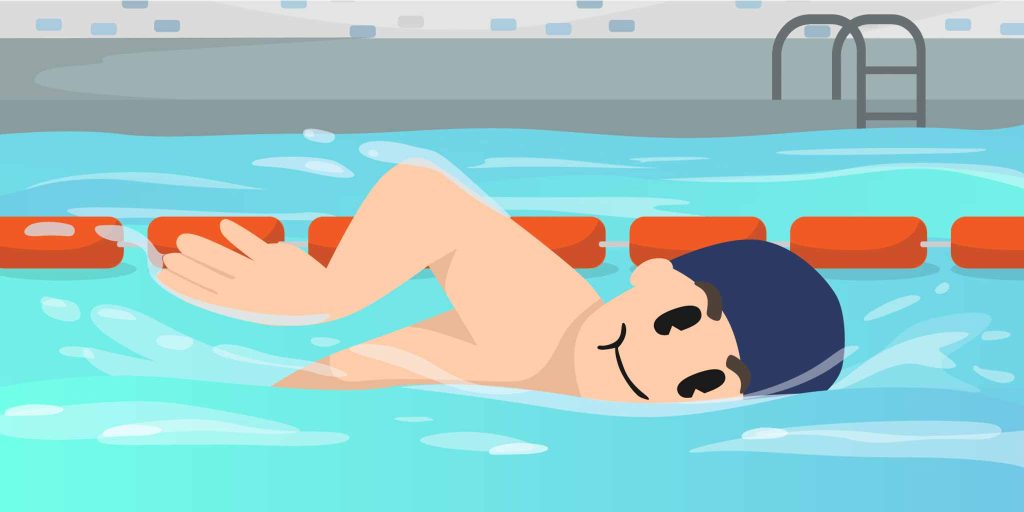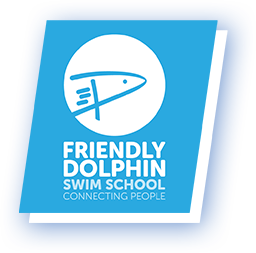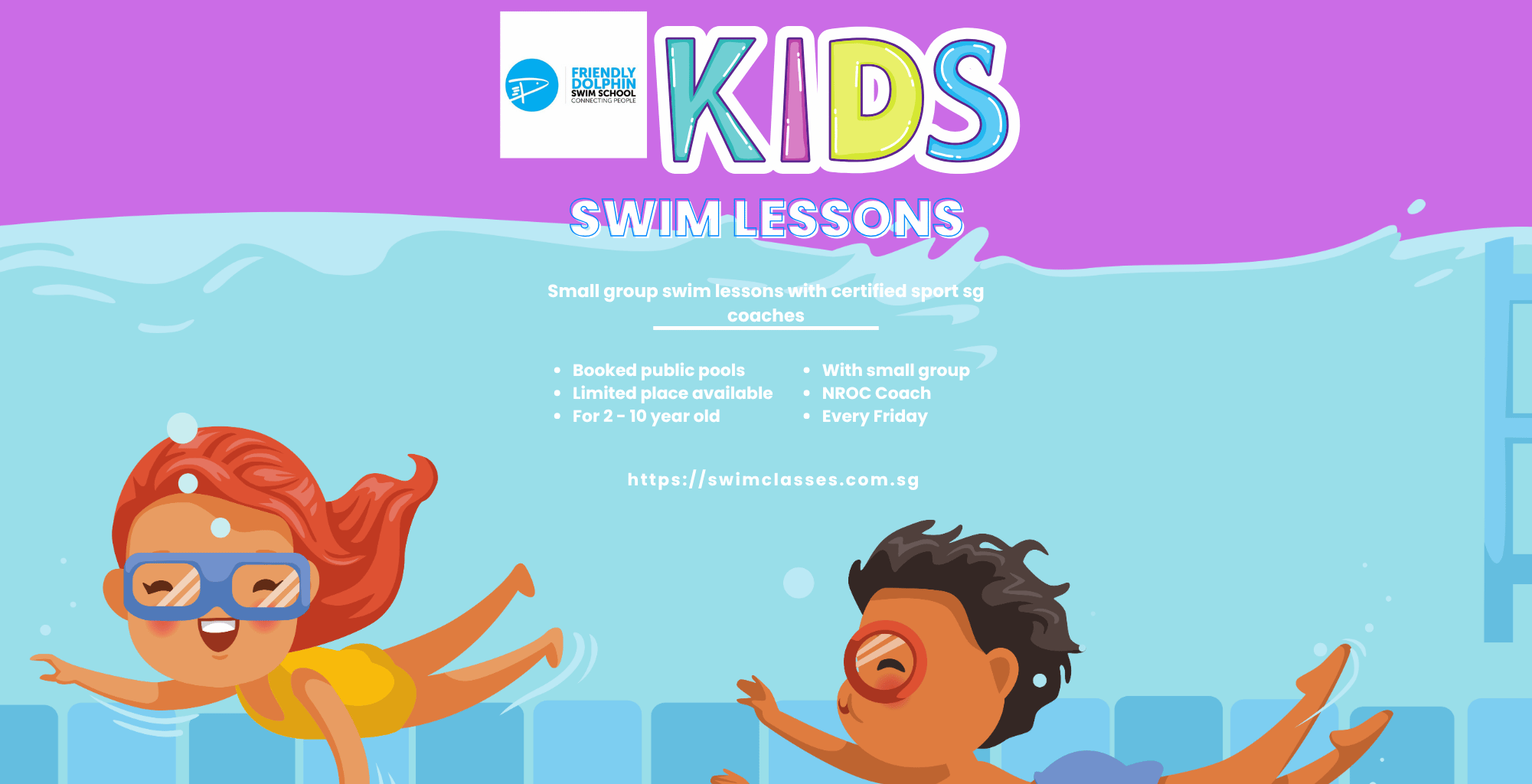Toddler Swimming Lessons Myths

Swimming Classes Are Not Appropriate At This Time.
Some parents are concerned about taking their children for toddlers swimming lessons while they are only learning to walk and run. Is it safe for your toddler to be in the water when they can barely run without tripping?
This is not an unfounded fear. Until 2010, the average age for youngsters to begin learning to swim was around four years old. However, the American Academy of Pediatrics (AAP) published a guideline stating that children as young as one year old can begin swimming instruction safely. This was based on a study that found that swimming lessons can reduce the risk of drowning in children aged one to four. As a result, if babies can begin to learn to swim, you may be confident that your toddler can also begin swimming lessons!
Still concerned about your toddler’s motor function? Have you ever heard the phrase “infant swimming”? This word describes babies’ and toddlers’ reflexes in the water, where they may move themselves automatically. Because this reaction fades in early childhood, the earlier you begin swimming, the better.
So, even if your toddler isn’t a proficient walker yet, don’t stop them from taking swimming classes!
Swimming Can Be Detrimental To Growth
Your toddlers CAN begin learning to swim, but SHOULD they?
Unfortunately, swimming is one of the fallacies that will harm your child’s growth.
Swimming classes can be advantageous to your toddler’s physical and mental development. Besides being a fantastic sensory experience, the feelings and movements can help your child develop improved coordination and muscle mobility. Preschoolers who participate in swimming lessons achieve more developmental milestones than youngsters who do not.
My Child Will Become Ill More Frequently.
There’s also the issue of your toddler’s health. It’s simple for children to get sick at their age, and you don’t want to expose them to the terrible germs in the pool water.
It’s normal to be concerned, yet kids who exercise regularly are less likely to get sick! Swimming improves lung capacity and the cardiovascular system, which boosts the immune system. You may be concerned that swimming in the cold will raise your toddler’s chances of getting a cold, but this is false. If your toddler’s nasal passages are dry, they are more likely to catch the flu virus, but with Singapore being hot and humid most of the time, your toddler’s immune system should be able to fight off the viruses. Swimming can even help prevent asthma if done correctly, as demonstrated here!
Furthermore, because chlorine destroys most microorganisms, pool water should be sterile. Not to advise your toddler to drink the pool water, but accidental ingestions would not be a significant issue. This is especially true in the current COVID-19 pandemic, where swimming is promoted since chlorine kills bacteria and provides a healthy exercise environment.
Are you concerned that the chlorine in the pool water will irritate your child’s skin? Chlorine in pool water is typically diluted; shorter baby pools require less chlorine than larger pools. Applying baby lotion liberally before the short swimming lessons and bathing immediately afterward should lessen the possibility of chlorine discomfort. However, if your toddler has skin sensitivity, such as eczema, or feels pain after swimming in a chlorinated pool, visit your doctor immediately!
Learning Can Benefit From Using Floating Aids.
Floating aids, of course, are wonderful safety assistance for non-swimmers. However, if your toddler is commencing swimming lessons, you should begin weaning them off their floating aids as soon as possible.
Why is this the case? When your child is wearing their floats, they are vertically upright. On the other hand, they would need to learn to float horizontally when learning to swim! If your child is used to wearing floats, they may struggle to adjust later. Furthermore, if they are not habituated to the sensation, they may be more resistant to immersing their face in water. Furthermore, when youngsters wear floats, they are not supporting themselves in the water. If the floats fail or slip, they may struggle to keep themselves above water. Swimming aids can also include goggles, which may cause children to become overly reliant on them.
Instead of depending on unreliable floats, teach your toddlers vital water safety skills like back floating and treading water.
Additional Swimming Lessons Will Be Stressful For Your Child?
Perhaps your toddler is only starting nursery and is exhausted after learning and playing with their peers all day. You may believe that because swimsafer programs are mandated in primary schools, you do not need to enroll your toddler in swimming classes right now.
On the other hand, swimming is beneficial in lowering stress and can make your kid happier and calmer. Swimming lessons can also help your toddler make buddies his or her age.
Conclusion
Don’t overlook all the advantages toddler swimming lessons can provide your youngster! Remember that drowning is a major concern for young children. Thus it is never too early to begin toddler swimming lessons.


